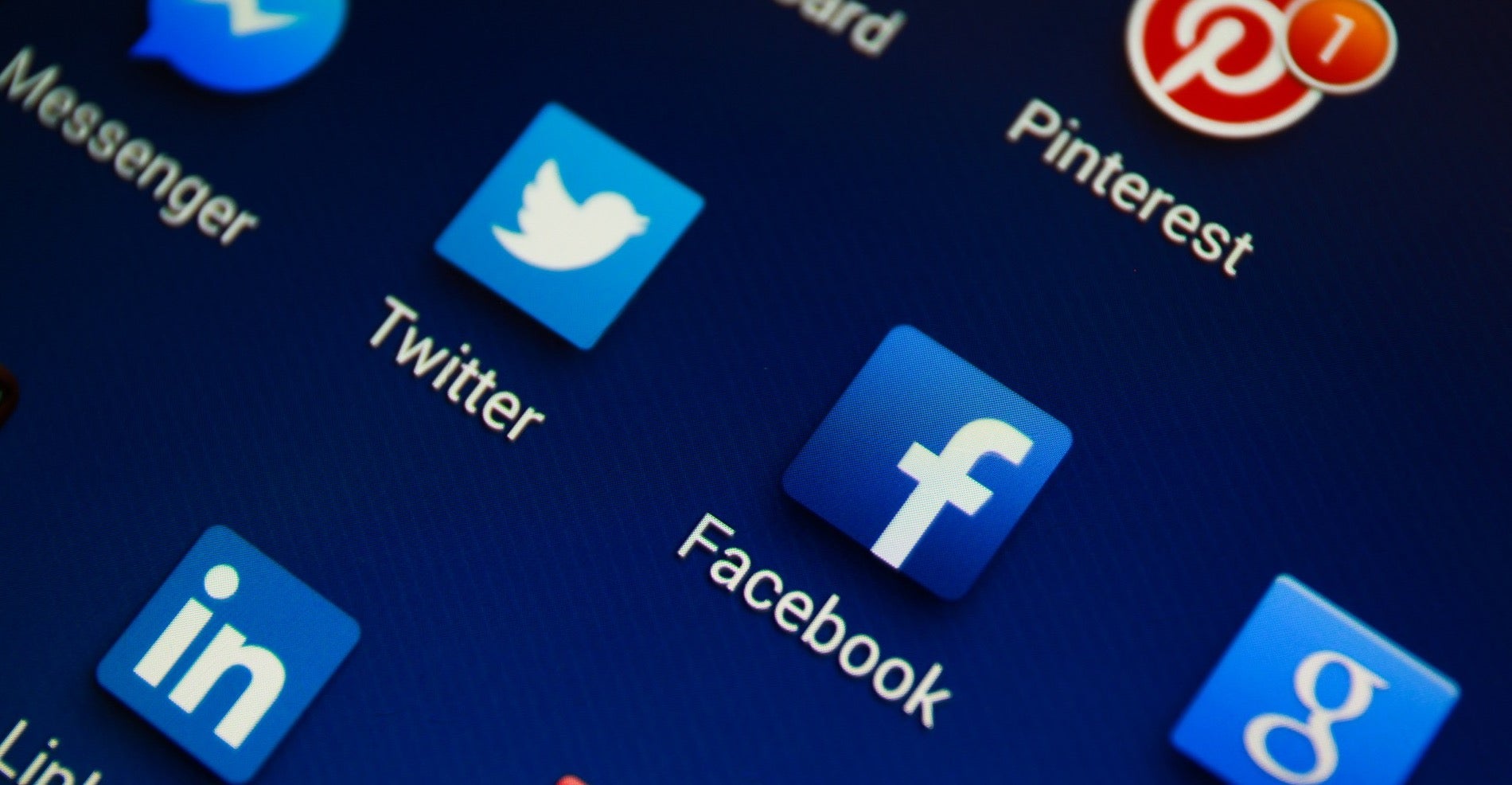
Facebook has blamed the outage affecting its services on Monday on “configuration changes” that could’ve cost it almost $60m in lost revenue. Social media rivals took the opportunity to gloat as users couldn’t access Facebook, Instagram and WhatsApp as well as other related services.
The three apps – which are all owned by Facebook and run on shared infrastructure – went dark on Monday afternoon, British time. The service stayed down for almost six hours. Associated apps such as Facebook Workplace and Oculus VR were also affected
Downdetector stated that the problems seem to have begun around 4.28pm BST, with the service receiving over 57,690 reports about Facebook’s outage around that time. For WhatsApp, that number skyrocketed to 75,254 and for Instagram that number was 30,721.
Late on Monday, the Mark Zuckerberg-helmed web empire apologised to all the “people and businesses around the world who depend on us” and blamed the Facebook outage on “configuration changes”.
“The underlying cause of this outage also impacted many of the internal tools and systems we use in our day-to-day operations, complicating our attempts to quickly diagnose and resolve the problem,” Santosh Janardhan, vice-president of engineering and infrastructure, said in a statement.
“Our engineering teams have learned that configuration changes on the backbone routers that coordinate network traffic between our data centers caused issues that interrupted this communication. This disruption to network traffic had a cascading effect on the way our data centers communicate, bringing our services to a halt.”
How well do you really know your competitors?
Access the most comprehensive Company Profiles on the market, powered by GlobalData. Save hours of research. Gain competitive edge.

Thank you!
Your download email will arrive shortly
Not ready to buy yet? Download a free sample
We are confident about the unique quality of our Company Profiles. However, we want you to make the most beneficial decision for your business, so we offer a free sample that you can download by submitting the below form
By GlobalDataJanardhan added: “We also have no evidence that user data was compromised as a result of this downtime.”
Facebook outage could’ve cost it $58.9m in ads revenue
The faults could’ve cost Facebook a noticeable amount of money. In 2020, the Menlo Park-headquartered giant reported $85.965bn total revenue. Six hours of that roughly translates to $58.9m: a sum dwarfed by the tens of billions wiped off the company’s valuation as the stock fell following the outage, though it was only down by a few percent at the time of publication.
Verdict has asked Facebook to comment on the estimates, but the Silicon Valley leviathan did not return our requests as the time of publication.
While the outage was clearly bad news for Facebook, its rivals seemed to have thrived during the downtime. Some even took the opportunity to gloat.
This was most obvious on Twitter, which did not suffer the same fate and thus provided angry Facebook, WhatsApp and Instagram users with a channel to vent their frustration about the outage. Facebook’s different services being down also seem to have made #DeleteFacebook trend on Twitter alongside #FacebookDown.
Twitter also provided some pungent commentary on the situation, such as podcaster and tech photographer Noah Kalina tweeting: “Instagram should stay offline forever.”
Adam Mosseri, head of Instagram, replied: “Them fighting words… but it does feel like a snow day.”
Them fighting words… but it does feel like a snow day.
— Adam Mosseri 😷 (@mosseri) October 4, 2021
Twitter founder and CEO Jack Dorsey provided another moment of Zen during the downtime. When one Twitter user tweeted a picture that suggested that Facebook.com may be for sale, Dorsey replied: “How much?”
how much? https://t.co/fH0zXw7rV9
— jack⚡️ (@jack) October 4, 2021
Twitter also provided one of the earliest comments from Facebook itself, with Andy Stone, a company spokesperson, tweeting: “We’re aware that some people are having trouble accessing our apps and products. We’re working to get things back to normal as quickly as possible, and we apologize for any inconvenience.”
We’re aware that some people are having trouble accessing our apps and products. We’re working to get things back to normal as quickly as possible, and we apologize for any inconvenience.
— Andy Stone (@andymstone) October 4, 2021
Elements kicks Facebook when it was literally down
Other Facebook rivals also took the chance to give The Zuck’s empire a kicking. One of the founders jumping on the opportunity was Matthew Hodgson, CEO of Element, a messaging platform with end-to-end encryption technology that’s also keeping French President Emmanuel Macron off WhatsApp and Signal, among other things. The startup closed a $30m in funding round in July.
“The ongoing outage of WhatsApp, Instagram and Facebook (including Facebook Messenger and Facebook Workplace) highlights that global outages are one of the major downsides of a centralised system,” Hodgson said on Monday.
“Centralised apps mean that all the eggs are in one basket. When that basket breaks, all the eggs get smashed. We saw the same last week when Slack went down. Decentralised systems are far more reliable. There’s no single point of failure so they can withstand significant disruption and still keep people and businesses communicating.”
Not a great media week for Facebook so far
The news comes as Facebook is battling allegations that it buried research showing the detrimental effect its platforms have on young users’ mental health.
The Wall Street Journal was the first to publish the allegations, having received leaked internal documents from Facebook.
Last week, Facebook’s global head of safety, Antigone Davis, denied many of the allegations at a senate hearing, adding that Facebook had paused the rollout of an Instagram version for kids.
The Facebook outage comes one day ahead of the Facebook whistleblower Frances Haugen appearing in front of the US Congress’s Commerce, Science and Transportation Subcommittee. She came forward as the person who leaked the documents to The Wall Street Journal during an interview with CBS’ 60 Minutes programme on Sunday.





